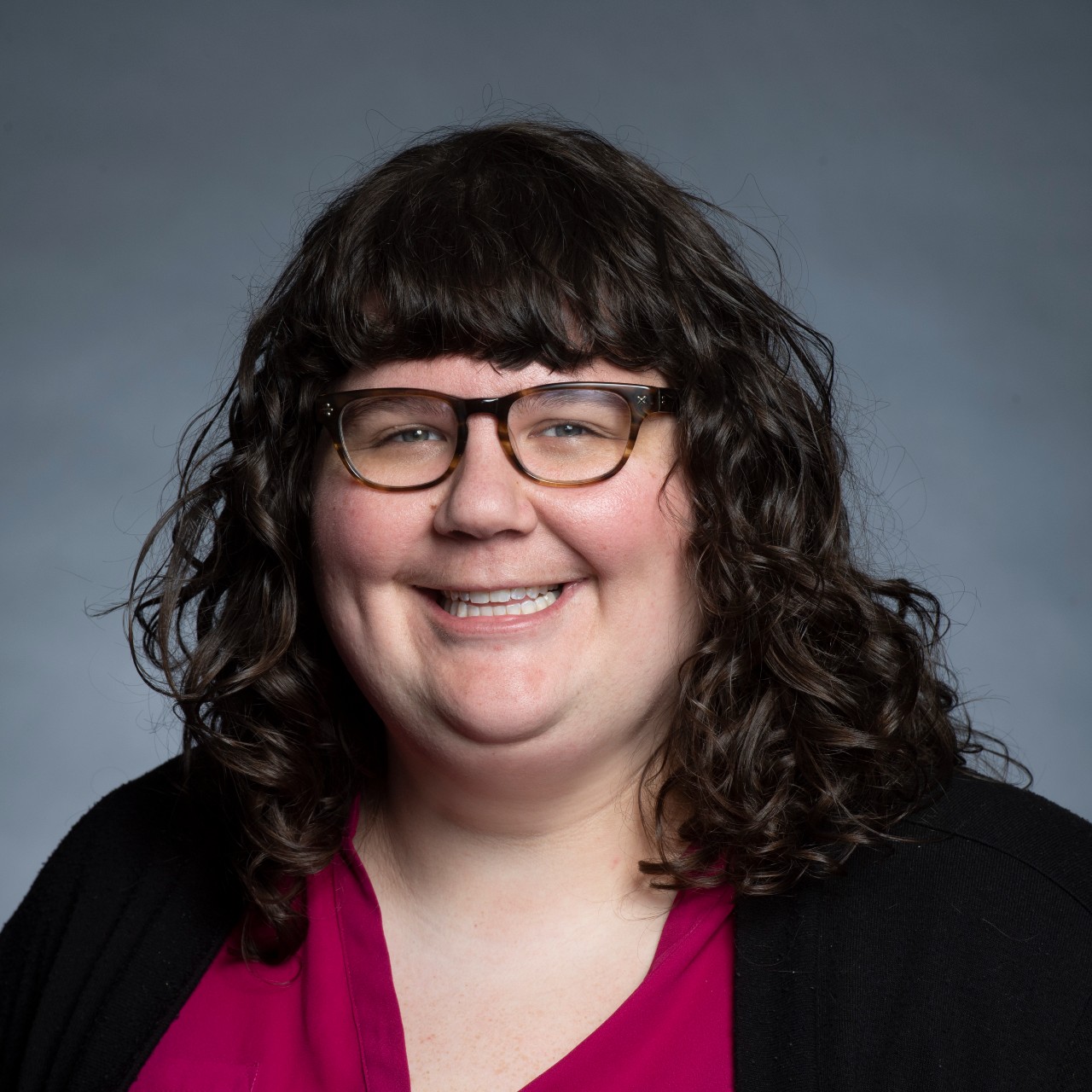Story by Andrea Sanow
“There is a wish I have, that we stop approaching our lives so linearly,”
Beth Parkhill says. Her wish stems from a desire to imagine a world where everyone feels valued.
As she approaches 70, she is working to challenge the narrative that people who have reached retirement age don’t have anything left to offer.
“We, as a society, don’t have much in mind for people over 70,” Beth says. “We imagine seniors as fragile people, but there are fragile people in every age group.”
“Every ten years is a significant difference in a person’s life and a lot of it has nothing to do with age, but your health,” she says. “People need time to do more than just work.”
For example, Beth wonders what it would be like for people to take a sabbatical for two years when they turn 35, instead of just focusing on working as hard as they can until 65 and then trying to figure it out from there. Or she ponders, what if someone can work for one day a week because of their health or marital status? Why don’t we allow that?
“I got my start, as a lot of people do: by accident,” Beth says of her first job where she worked in the newly formed risk management department at the University of Minnesota. Her field of work was new and she became an expert quickly. From there, she worked in risk management for cardiac pacemakers, and then went on to work for Norwest Bank in the trust department.
“This was my first big career shift; I was selling financial service products, employee benefits,” she says. From there, she went on to a small marketing agency.
“I tried to retire when I was 46 because I was tired,” Beth says. “My job had me flying around the world. Literally. I once flew around the entire world in 11 days.”
But Beth didn’t retire, she took stock of what she wanted to do, and, with the support of her husband, continued down a path that challenged the notion that her age defined her and what she has to offer a workplace.
Beth wasn’t ready to retire, though. Once again, she was ready to try something new.
“This love of innovation and trying something new came from my mom,” Beth says.
Her mom was a beatnik – a social movement in the 1950’s and 60’s built on values of creativity and pushing boundaries.
“She was a single mother of seven kids who always had to make things work which involved a lot of trial and error.”
In this new era of her life, Beth was involved heavily in social enterprise and began mentoring others. She founded Mentor Planet, an online mentor-matching service, and became a founding board member of Impact Hub MSP, a global social enterprise.
At the time she was recognized as a 50 over 50 honoree, she was the chief innovation officer at Mobility 4 All, a Minnesota public-benefit corporation developing a safer, kinder, more personalized ride service for older Americans. In her role, she was responsible for marketing and strategic partnerships with senior housing providers, nonprofits, and private companies such as Lyft and Uber. In 2020, the pandemic disrupted the day-to-day needs of the organization’s clients as they entered strict stay-at-home orders.
“When COVID hit, the company was on a very high growth rate,” Beth says. “Suddenly, we had to pivot to providing delivery services to seniors, because they weren’t allowed to go anywhere.”
Beth stayed with Mobility 4 All until May of 2021, when she decided to focus her attention elsewhere.
As she was getting older, she knew she had new things to offer in a workplace — the willingness to fail and the courage to create a culture where it was safe to try new things. She became driven by the question, “how can I contribute my best self to make the world a better place?”
This question is at the root of where she finds herself today. Beth is currently in France staying in a house she and her late husband, Bob Corrick, purchased in 2006.
“I am using this time to grieve, to meditate, and to dream even though it is hard,” Beth says.
Bob died in July of 2020 after an active life of community involvement and travel. The pandemic, and the social isolation born from it, forced Beth to grieve alone.
“I’ve spent hours on the phone trying to navigate closing accounts, and tending to affairs,” Beth says. “This is not how I imagined this part of my life, and I think that there has to be a better way for us to support people when they lose a loved one.”
While she is in France, she is exploring the idea of setting up an “age lab” in Minneapolis — an organization dedicated to researching ways for older people to continue to contribute to their communities and broader society. She’s also considering the creation of a marketing agency that specializes in people who are 50+.
Beth has become interested in the Longevity Economy, the study of older Americans’ contributions to all of society, and the opportunities it can and does create for people of all ages. For context, in 2019, AARP, released a study called The Longevity Economy Outlook, that calculates the contribution to the U.S. economy of the 117.4 million Americans who are 50+ (35% of the population) at $8.3 trillion, or 40% of gross domestic product (GDP). That’s up from $7.1 trillion when AARP last looked in 2013.
“I am lucky to have my health and all these years of experience,” she says. “My goal isn’t to dream up a path that every person can take, but to create a space where people can contribute their best selves, like I hope to.”

contributors


